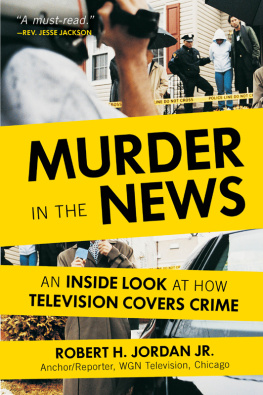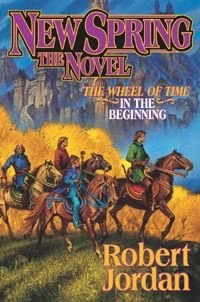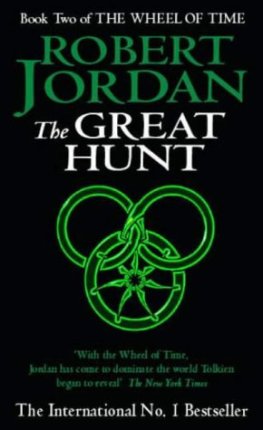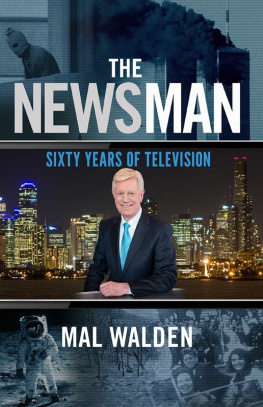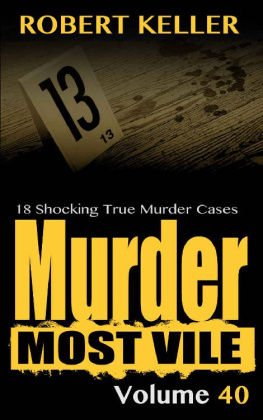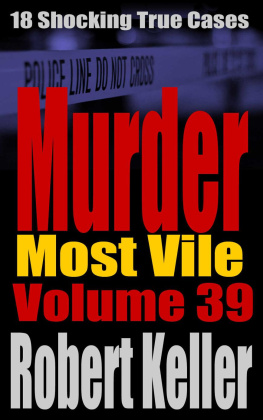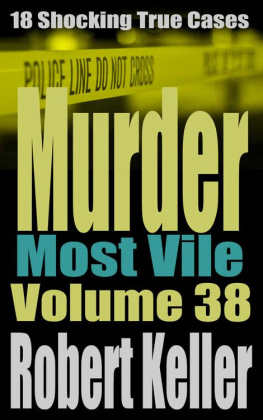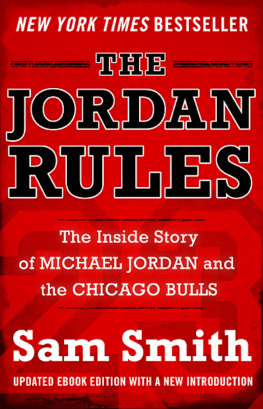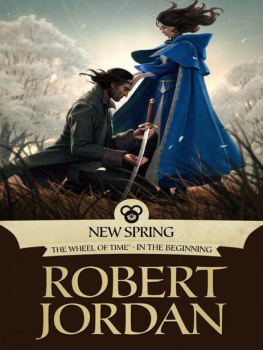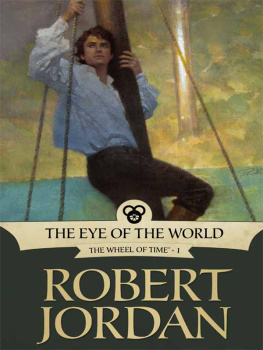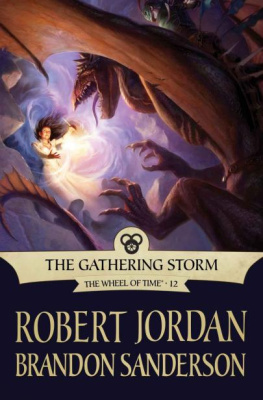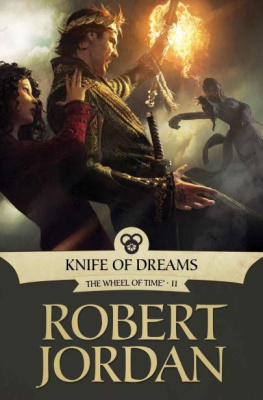Robert H. Jordan Jr. - Murder in the News: An Inside Look at How Television Covers Crime
Here you can read online Robert H. Jordan Jr. - Murder in the News: An Inside Look at How Television Covers Crime full text of the book (entire story) in english for free. Download pdf and epub, get meaning, cover and reviews about this ebook. year: 2017, publisher: Prometheus Books, genre: Politics. Description of the work, (preface) as well as reviews are available. Best literature library LitArk.com created for fans of good reading and offers a wide selection of genres:
Romance novel
Science fiction
Adventure
Detective
Science
History
Home and family
Prose
Art
Politics
Computer
Non-fiction
Religion
Business
Children
Humor
Choose a favorite category and find really read worthwhile books. Enjoy immersion in the world of imagination, feel the emotions of the characters or learn something new for yourself, make an fascinating discovery.
- Book:Murder in the News: An Inside Look at How Television Covers Crime
- Author:
- Publisher:Prometheus Books
- Genre:
- Year:2017
- Rating:5 / 5
- Favourites:Add to favourites
- Your mark:
- 100
- 1
- 2
- 3
- 4
- 5
Murder in the News: An Inside Look at How Television Covers Crime: summary, description and annotation
We offer to read an annotation, description, summary or preface (depends on what the author of the book "Murder in the News: An Inside Look at How Television Covers Crime" wrote himself). If you haven't found the necessary information about the book — write in the comments, we will try to find it.
Murder in the News: An Inside Look at How Television Covers Crime — read online for free the complete book (whole text) full work
Below is the text of the book, divided by pages. System saving the place of the last page read, allows you to conveniently read the book "Murder in the News: An Inside Look at How Television Covers Crime" online for free, without having to search again every time where you left off. Put a bookmark, and you can go to the page where you finished reading at any time.
Font size:
Interval:
Bookmark:

As a recently retired television news journalist, I wanted to share many of the lessons learned over a nearly fifty-year career. But to do so has required the assistance of many people who have helped shape my life, worldview, and understanding of ethical principles and journalistic values.
My first blessing was to be born of parents who set very high standards of excellenceand demonstrated the value of dogged determination. My father, Dr. Robert Jordan, was a former college science and biology teacher who went back to school in midlife to become a dentist, and my mother, Millicent Dobbs Jordan, was a professor at Spelman College in Atlanta for four decades. Their urging to shun mediocrity was a constant drumbeat that my younger twin brothers, Dobbs and James Jordan, and I were taught.
At WGN-TV, where I spent the vast majority of my career, I worked with many fine journalists, some of whom you will meet in this book. Two special colleagues deserve recognition: cameraman, Richard Ike Isaac and my coanchor, Jackie Bange. Ike and I were partners who worked as a team for several decades covering thousands of stories. He became not only one of my best friends but a colleague, confidant, and brother. On a breaking story when chaos was all around and you absolutely had to have the video, Ike was the cameraman who would always come back with the shots.
Jackie Bange was my coanchor and dear friend for almost twenty-two years. At one point we were the longest-running anchor team in Chicago. I called her my TV wife. We covered so many breaking news stories that we began to think alike. We learned to lean on each other for support and knowledge; Jackie was always cool and calm and never agitated. We developed a tool for remaining loose and unflustered (after a first segment filled with murders, disasters, and other calamities) that consisted of dozens of handshake moves. A video of the routine went viral on YouTube and had been viewed at last count 7,244,619 times and counting, in June 2017. The site is called, What News Anchors Do during Commercial Breaks.
For thirty-five years I have had the same television agent, Paul Julian. Paul has remained a dear friend and confidant whose knowledge and savvy have been valuable attributes in guiding and advising me through several general managers and many news directors. Paul is the best!
I offer my deepest thanks to my literary agent, Hilary Claggett, who is with the Rudy Agency. Hilary read the manuscript and believed in the project from the beginning. She was able to be in contact with several publishing companies and was able to close the deal with Prometheus Books. Initial proofreading and editing began with Tricia Parker from Tricia Parker Communications. Tricia introduced me to Hilary and has been a huge supporter of my book from the beginning.
At Prometheus Books, I want to acknowledge the many talented people who helped to shape the manuscript into a tighter, more concise book. Steven L. Mitchell, editor in chief at Prometheus Books, led the fabulous team. Because of Steven's wise counsel I was able to focus more clearly on the important content of the book. Hanna Etu began the editing process by issuing strict deadlines for revising the bibliography and securing releases from interviewees. I can't say enough good things about my copyeditor at Prometheus Books, Jeffrey Curry. I am extraordinarily fortunate to have had Jeffrey's insightful guidance throughout to sculpt and remove the literary fat so that the lean could be seen more clearly. Jeffrey's broad vision to understand whole chapters of the manuscript brought my wanderings under control to sharpen the focus of the book.
Finally, this book would not have been possible without the loving assistance of my devoted wife, Sharon. I learned nearly fifty years ago to not let any writings of mine leave my hands without first getting her approval. A librarian by trainingworking at the American Library Association for twelve yearsSharon's strong literary training has been a wonderful asset that I have been lucky to have so near. Our only child, Karen Farr, a Spelman College graduate, who sought her graduate school training at Medill School Journalism, has followed us both into a career of writing. Karen is a weekend anchor/reporter at ABC station WLS-TV Channel 7 in Chicago. Her husband is also a journalist, Christian Farr. Chris is a reporter/weekend morning anchor at NBC station WBBM-TV Channel 5 in Chicago. The encouragement I received from all of them has been extraordinarily inspiring as I have sought to create a clear path for them to follow.
I grew up in a family that cherished books. My grandfather, John Wesley Dobbsborn just seventeen years after slaveryhad a library in his house. My mother had a library in her home, and I have one in mine. I hope this book becomes a meaningful part of your collection.

Lasciate ogne speranza, voi ch'intrate.
Abandon all hope, ye who enter here.
Dante Alighieri, The Divine Comedy
There are scruffy neighborhoods on the West and South Sides of Chicago, within clear view of opulent downtown office buildings, where some homes are pockmarked from stray bullets and bloodstained sidewalks indicate a trail of misery and sadness. You don't have to be brave to wander around in these ghettos, just ill-advised. Dante's frightening warning to the lost souls entering hell could easily apply to outsiders venturing into some wasteland blocks in Chicago.
Eighty-five zip codes comprise Chicago; six of them are where street gangs, fighting for control of drug turf, routinely try to kill each other. In these slaughter zones, shootings are so familiar that television journalists often make decisions to ignore a murder because it is routine, or what police call gang related and repetitive: nothing new.
The ratta-tat-tat of automatic weapons fire can be heard echoing through the decaying three-flat buildings with such regularity that the sounds are no longer startling. Like a broken car alarmthat goes off so often no one runs to the window to checkthe gunfire has stopped making residents skittish or fall to the floor; it has become routine.
The appalling regularity of shootings, especially on weekends, forces law-abiding citizens to seek shelter in their homes or risk becoming new faces on the coroner's tally board of innocent victims.
Murder has been around as long as humans have been upright. But some murders, or the circumstances surrounding them, fascinate us more than other homicides. What is it about these special cases that cause them to become sensationalized in the news while other homicides receive little or no attention? When we view an astonishing murder story on television or read about the death in a newspaper, we rarely question what it is about this particular killing that caused it to become so important. We just assume that the murder of this victim merited being given front-page, top-story attention. Indeed, the murder of every human being should be considered so significant that news coverage is givenin an equal mannerto these events. But that is not the case.
When television assignment editors and producers learn of a murder, they immediately make an instinctive decisionbased on who the victim was and the circumstances of the deaththat will determine how the story will be covered.
Something interesting about a particular incident begins to appeal to an intuitive judgment that journalists have about certain stories (some call it a nose for news). That innate feeling becomes the hook on which various elements are hung, allowing the story to build in intensity. Among those elements are also popular beliefs, often subliminal, that all people are
Font size:
Interval:
Bookmark:
Similar books «Murder in the News: An Inside Look at How Television Covers Crime»
Look at similar books to Murder in the News: An Inside Look at How Television Covers Crime. We have selected literature similar in name and meaning in the hope of providing readers with more options to find new, interesting, not yet read works.
Discussion, reviews of the book Murder in the News: An Inside Look at How Television Covers Crime and just readers' own opinions. Leave your comments, write what you think about the work, its meaning or the main characters. Specify what exactly you liked and what you didn't like, and why you think so.

